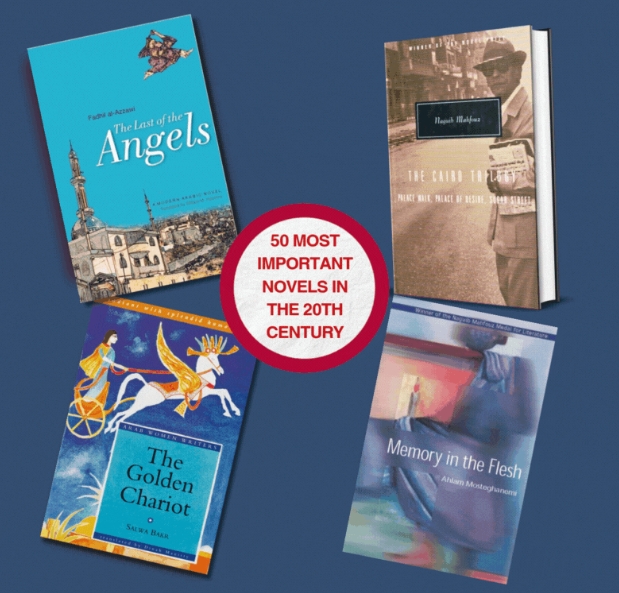Naguib Mahfouz is widely regarded as one of Egypt’s greatest literary figures, with his magnum opus, ‘The Cairo Trilogy’, standing as a masterpiece of Arabic literature. In this article, we will delve deep into the mysteries and complexities of this seminal work, exploring its themes, characters, and historical context.
The Historical Setting: Post-World War I Cairo
Set in Cairo during the turbulent period following World War I, ‘The Cairo Trilogy’ provides a detailed portrait of Egyptian society at a time of profound political and social change. Through the eyes of the central family, the Al-Jawad clan, Mahfouz captures the struggles and aspirations of a nation grappling with modernity and tradition.
The Family Saga: Generations of Change and Conflict
At the heart of ‘The Cairo Trilogy’ is the Al-Jawad family, led by patriarch Ahmad Abd al-Jawad. As the novel progresses through its three volumes – ‘Palace Walk’, ‘Palace of Desire’, and ‘Sugar Street’ – we witness the evolution of the family and its members, as they navigate love, betrayal, and personal growth amidst a rapidly changing world.
The Women of the Trilogy: Complex and Contradictory
A notable aspect of ‘The Cairo Trilogy’ is its nuanced portrayal of female characters, who often defy traditional expectations and gender norms. From Amina, the stoic matriarch, to Aida, the rebellious daughter, Mahfouz’s women are complex and multilayered, challenging stereotypes and societal conventions.
Themes of Tradition vs. Modernity: A Struggle for Identity
Throughout ‘The Cairo Trilogy’, Mahfouz explores the tension between tradition and modernity, as characters grapple with their own desires and societal expectations. This clash of values and ideologies serves as a central theme in the novel, highlighting the complexities of Egypt’s cultural and political landscape.
The Legacy of ‘The Cairo Trilogy’: A Timeless Classic
Decades after its initial publication, ‘The Cairo Trilogy’ remains a seminal work in Arabic literature, revered for its rich depiction of Egyptian society and its exploration of universal themes. Naguib Mahfouz’s magnum opus continues to captivate readers around the world, offering a profound and enduring insight into the human experience.
